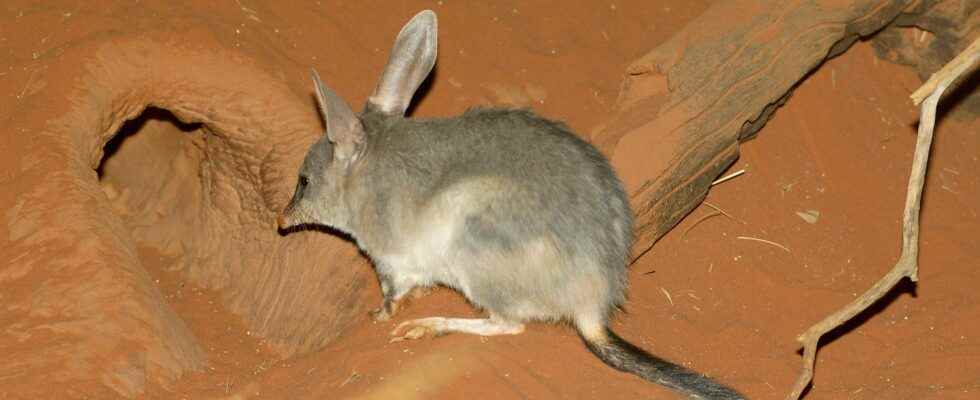Australia holds a sad record: nowhere in the world have more mammals died out in modern times than on the fifth continent. In addition to the destruction of habitats, imported species such as foxes or cats, which hunt marsupials, are also to blame. In “ACS Polymer Materials”, a working group led by Kyle Brewer from the University of South Australia in Adelaide presented a new way of protecting rare species from predators: Endangered species such as the possum (Macrotis lagotis) Poison pills could be implanted under the skin that would dissolve in the predator’s stomach, eliminating it.
The idea would then no longer help the killed victim, but other conspecifics would be better protected, according to the idea. So far, attempts have been made to protect endangered marsupials and other species with various measures, for example by fencing off certain areas and freeing them from feral cats and foxes. However, cats in particular always manage to get over the fences. At the same time, in contrast to foxes, they very rarely eat carrion, so that they can hardly be fought with poisoned baits. Self-firing systems have also been developed that spray poison on cats when they trigger the trap. Studies have shown that even a single cat can destroy local populations of endangered species.
Brewer and Co.’s idea, on the other hand, starts directly from the cats’ hunting strategy. The team is therefore developing poisonous pills with sodium fluoroacetate, also known as rodenticide 1080, whose protective coating only dissolves in an acidic environment: the stomach of cats, for example. And even if small amounts of 1080 leaked under the skin, animals like the bandicoot could handle it. There is something very similar to 1080 in their diet, so they have some resistance to it. Even three or four broken pills in the body would not reach the lethal dose for the marsupials.
